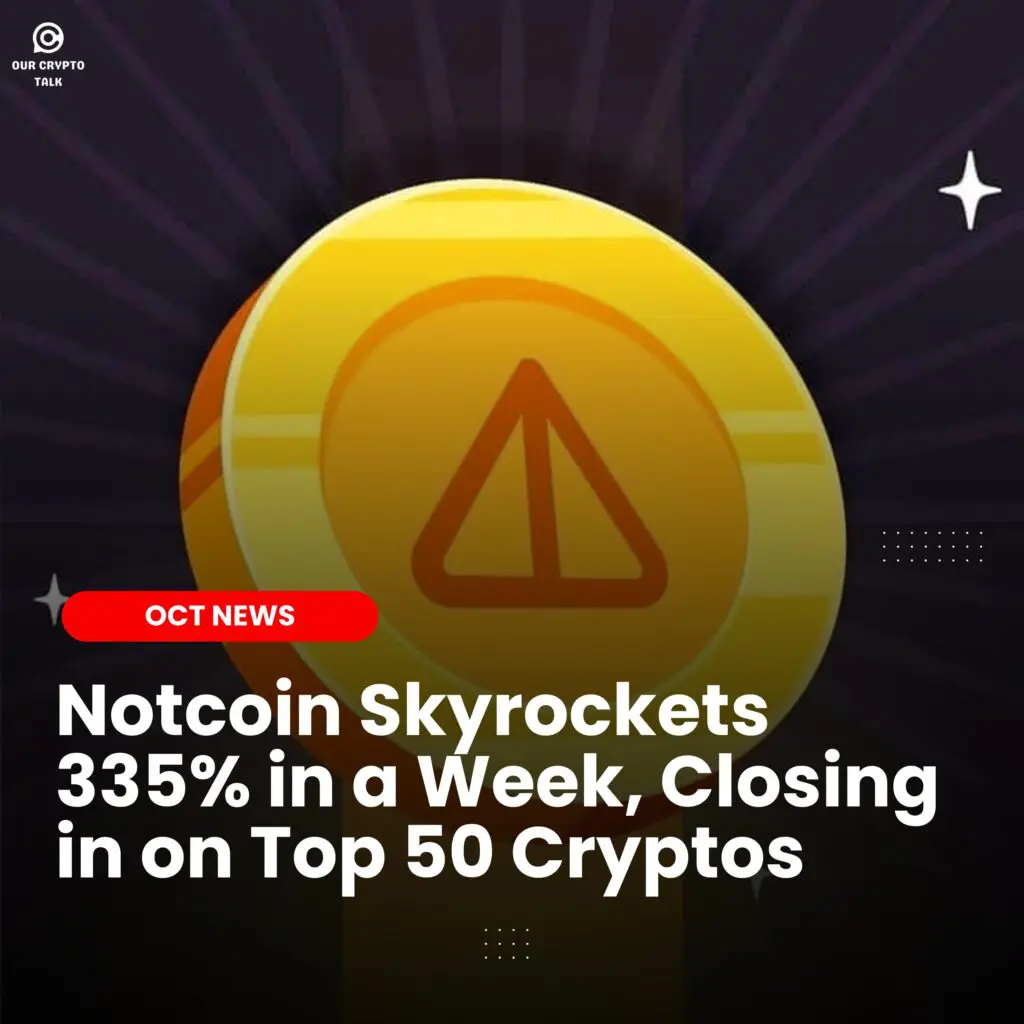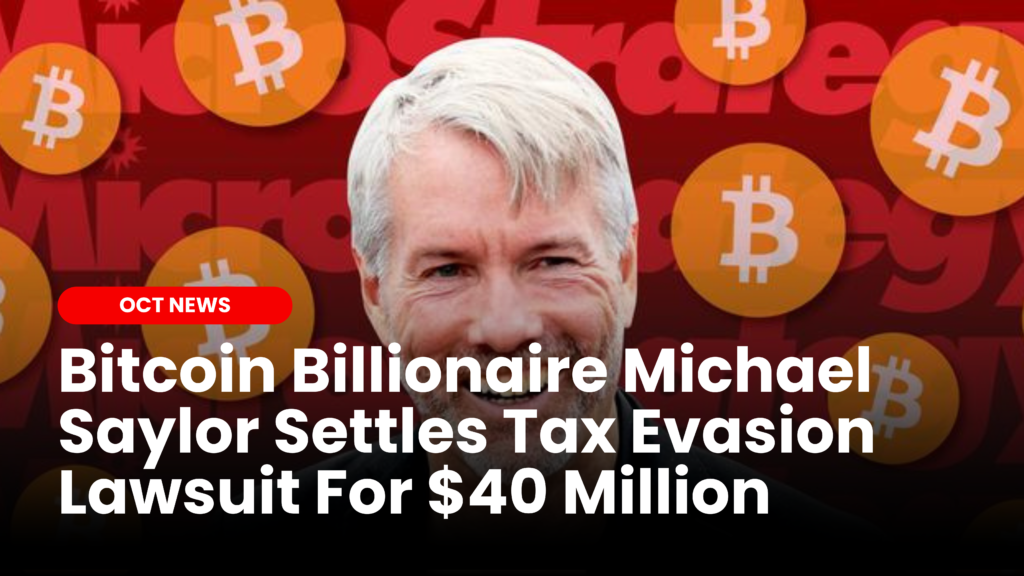The Brazil Securities and Exchange Commission (CVM) has given the green light for a Solana exchange-traded fund (ETF). This approval was listed in the CVM’s central database, as reported by local news outlet Exame. This Solana-based ETF is a first for Brazil and one of the pioneering Solana-based exchange-traded products (ETPs) worldwide. The initial Solana ETP was launched by Switzerland’s 21Shares on the SIX Swiss Exchange in June 2021.
- The Solana ETF is currently in a pre-operational stage, pending approval from the Brazilian stock exchange, B3.
- It will track the CME CF Solana Dollar Reference Rate, developed by CF Benchmarks in collaboration with the Chicago Mercantile Exchange (CME).
- Brazilian asset manager QR Asset will offer the ETF, with Vortx managing it.
“This ETF reaffirms our commitment to offering quality and diversification to Brazilian investors. We are proud to be global pioneers in this segment, consolidating Brazil’s position as a leading market for regulated investments in crypto assets,” said Theodoro Fleury, manager and chief investment officer of QR Asset.
Brazil has become a fertile ground for ETFs in recent years. The Brazilian stock exchange, B3, listed a Bitcoin ETF and an Ethereum ETF between 2021 and 2022. In March 2024, B3 began offering BlackRock’s iShares Bitcoin Trust ETF (IBIT). Recently, Cboe requested the SEC to allow asset managers VanEck and 21Shares to introduce a Solana-based ETF in the U.S., although this request has yet to be approved.
Last month, Franklin Templeton endorsed Solana’s progress in decentralized finance (DeFi), meme coins, and NFT innovation, highlighting its achievements. Additionally, Hamilton Lane, a leading alternative assets firm, launched its first institutional fund on Solana, praising its low latency and high throughput for tokenization.
Brazil is progressively embracing digital assets and blockchain technology. The country plans to issue digital ID documents using blockchain for over 214 million citizens, leveraging blockchain’s immutability and decentralization to enhance data security and prevent fraud. Alexandre Amorim, president of Serpro, emphasized blockchain’s role in protecting personal data and improving the National Identity Card project’s security. Furthermore, Brazil is advancing in developing a central bank digital currency (CBDC), named Drex, aimed at expanding business access to capital through a tokenization system.



